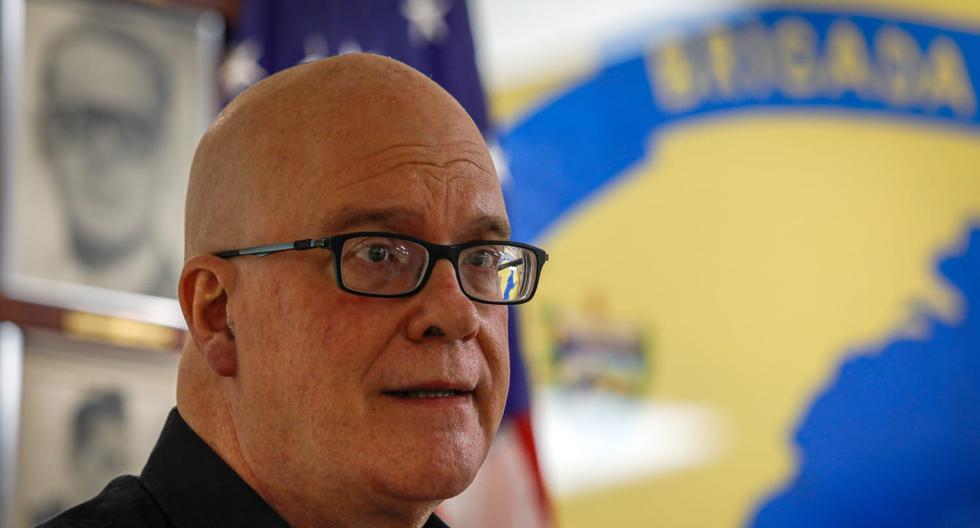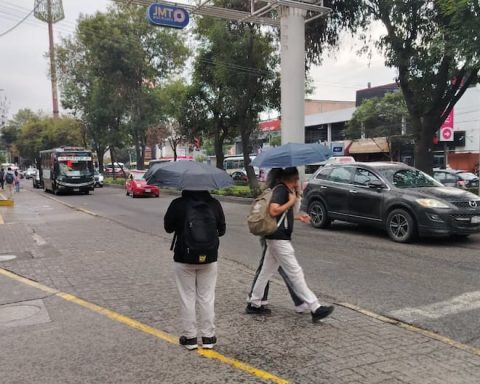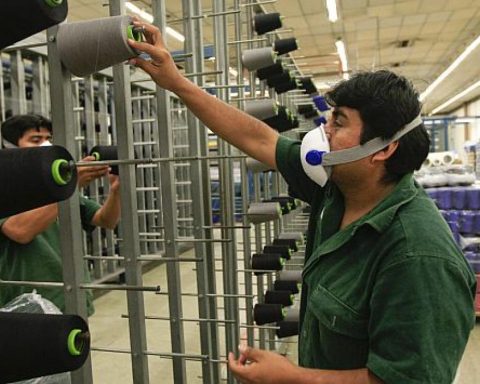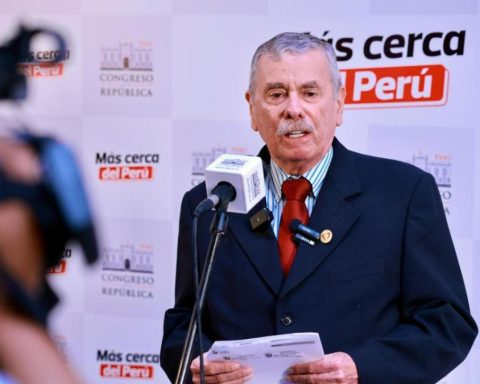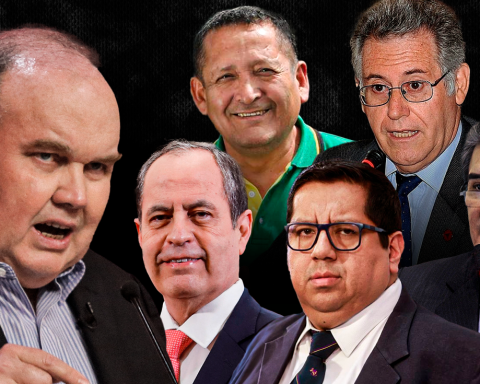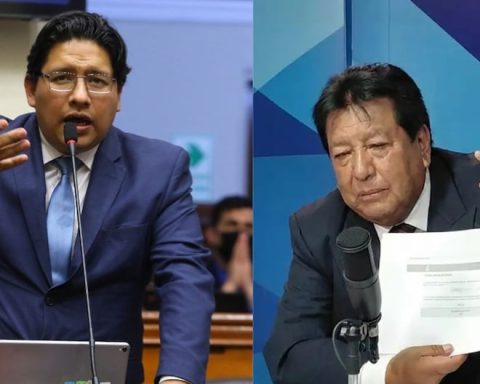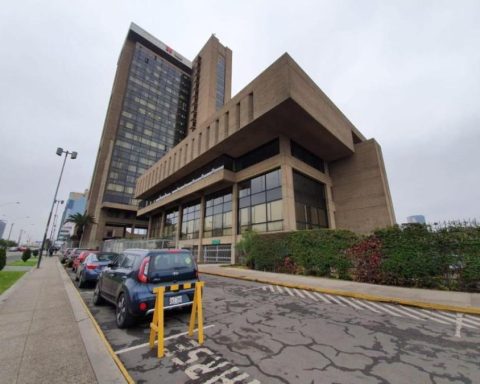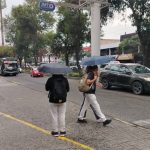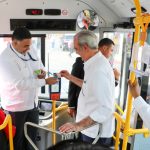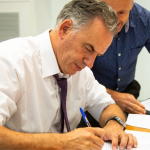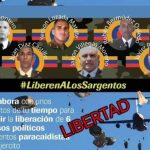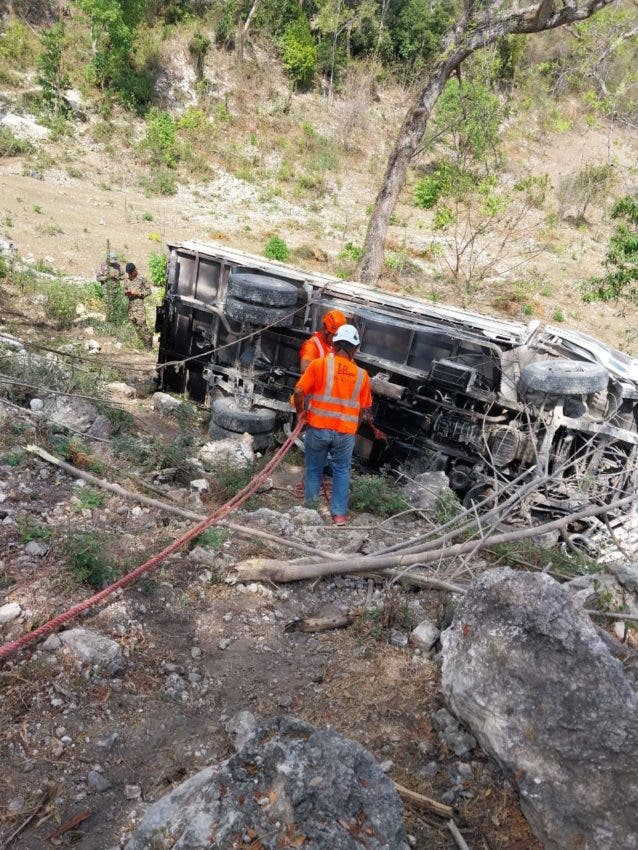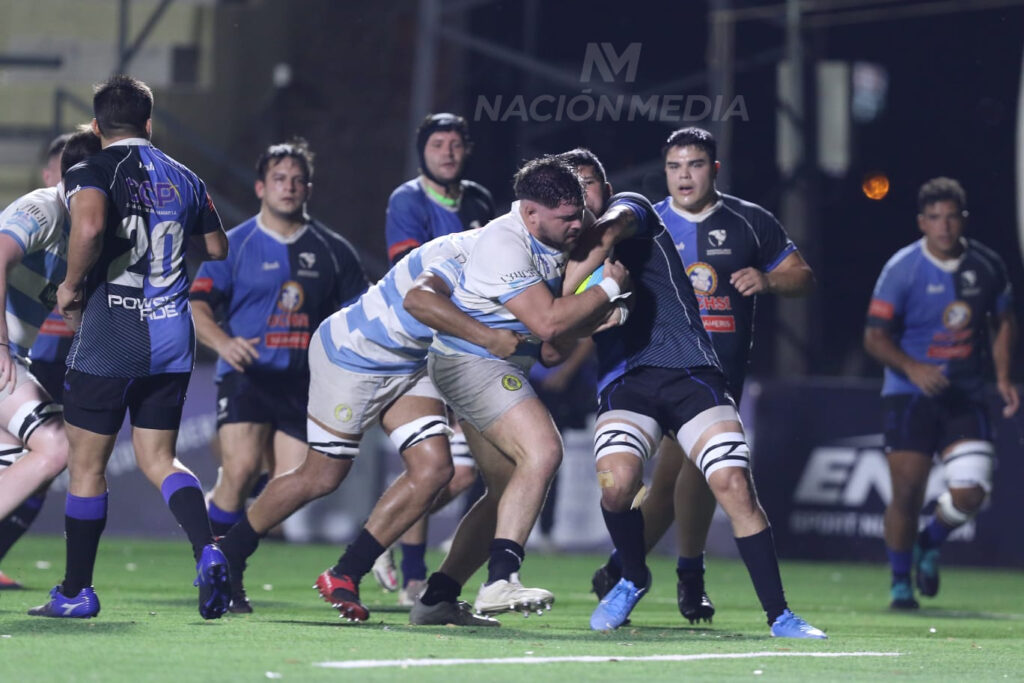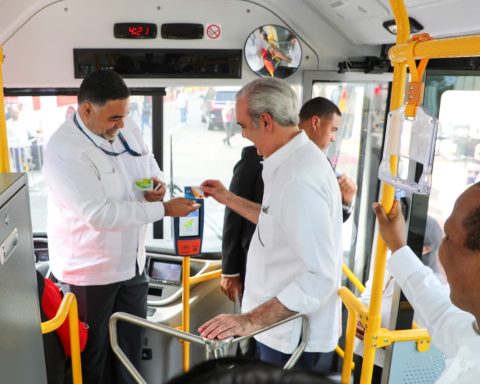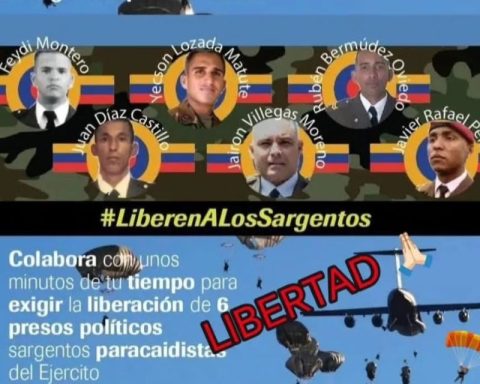Orlando Gutiérrez Boronat, Cuban by birth and coordinator of the Assembly of the Resistance Cuban (ARC), arrived in Peru to carry out a series of activities in search of support to achieve the freedom of Cuba. Gutiérrez is a doctor of philosophy and has a plan to restore democracy to his country and re-establish democratic institutions.
What is the reason for your visit to Peru?
We came first to meet with the president of the Congress of the Republic, José Williams, and to meet with different congressmen to publicize the existence of this opposition coalition of this free parliament of the Cuban resistance with 41 social organizations inside and outside Cuba. Those of Cuba in resistance because they are persecuted and are not allowed legal personality. No body other than the Communist Party is allowed legal personality within Cuba. But also, to these resistance organizations, Cuban exile organizations are added. In different parts of the world there are Cuban colonies.
LOOK: The congresswoman who applauds Cuba, but invests in the US
What is the National Salvation Plan that you have presented about?
The objective of the National Salvation Plan, which has been agreed upon inside and outside Cuba by the resistance, is how to return sovereignty to the people as soon as possible. May the people of Cuba regain control of their destiny.
In the first two years after the fall of the communist dictatorship, it is necessary to organize the basic institutions: Electoral Power, Legal Power, Legislative Power, social power, register political parties; carry out all the reorganization of society that allows Cubans to freely make collective decisions in order to determine their destiny in plurality and freedom.
LOOK: In Lambayeque, the La Leche River overflows its banks and leaves isolated villages
But for that you first need to liberate Cuba. How do you plan to do that?
We call that phase liberation. We are supporting the call for a national strike of non-cooperation with the dictatorship, which is being organized by hundreds of activists inside Cuba. As a way to unite the people in an extended civic pronouncement that manages to stop the dictatorship and deactivate it from non-violence. That is our thesis of struggle, the national strike. We have been working hard on this in support of those within Cuba who are organizing in hundreds of committees the moment of this great human chain that manages to initiate and conclude a civic pronouncement that returns sovereignty to the people of Cuba and opens the path to democracy. .
What do you think of the recognition that the President of Mexico, Andrés Manuel López Obrador, gave to the Cuban dictator Miguel Díaz-Canel, while considering that there is a dictatorship in Peru?
President López Obrador lacks morality because his agenda is ideological. He has a lust for power, he believes in authoritarian regimes, that’s why he blesses a dictator. He gives an award to a man who has used repression against his people, and gets involved in the internal affairs of Peru, which is indeed a democracy, that it is an open and plural society going through a moment of political crisis, but where the institutions work. López Obrador for me is a danger for Mexicans, for freedoms, for the rights of the Mexican people themselves.
LOOK: Carlos Sánchez Berzaín: “Peru is the victim of savage aggression”
What activities will the Assembly of the Cuban Resistance carry out next?
We are in a global human rights campaign for the freedom of political prisoners in Cuba, especially female political prisoners. We want the political prison in Cuba to end. And that will only be achieved by legalizing civil society in Cuba and transforming the country from a closed society to a plural and open society, where Cubans can belong where they want to belong, write what they want to write and publish where they want to publish and Express oneself. We are going to different countries in Latin America and Europe in the desire for that recognition and solidarity.
What is daily life like in Cuba?
What can be bought is conditioned by the ration book and even so it is difficult to find in the markets – which are all state owned – what is on the book. Many times, when they do manage to buy things, they are in poor condition and poor care. Living in Cuba is a daily sacrifice in order to survive.
How would you rate the legacy of Fidel Castro?
Fidel Casto took power from a rich country and has turned it into a country where the Cuban peso is worth nothing, a country that cannot feed itself. Today you have to import 85% of what you eat. What is the legacy of Fidel Castro? Tyranny, underdevelopment, poverty and national division.
Any message that you want to give to Peruvians and Latin Americans who perhaps do not know what is happening in Cuba?
Our message to Peruvians is to defend their imperfect democracy because the most imperfect democracy is superior to the perfect dictatorship. I think Peru has come a long way. There is a lot to do, but with an open, free society, with exchange, with protests if they have to be done, and with elections is how a country improves.
RECOMMENDED VIDEOS:
:quality(75)/cdn.jwplayer.com/v2/media/3kmUFtCu/poster.jpg)
